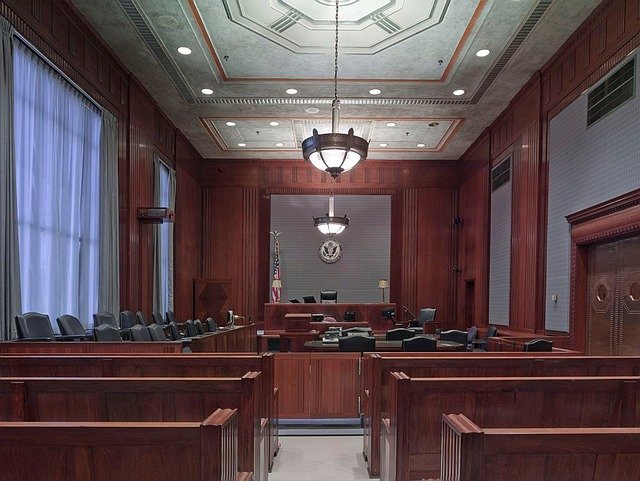
What’s a Motion?
A motion is a request made to a judge to do something. Properly bringing a motion requires strict adherence to rules of drafting documents, adhering to timelines, and following correct filing and service procedures. A motion hearing occurs as a result of a motion.
Judges would rather not have motion hearings in family law cases. They often insist that the parties mediate before a motion. In addition, motion hearings are used less than in years past.
What’s a Motion Hearing?
- A motion hearing in family court is different from a trial.
- In motion hearings, parties’ attorneys submit documents to the court before the hearing explaining what their side wants and why it should be granted.
- Except in special circumstances, witnesses do not testify in motion hearings.
- At the hearing itself, the attorneys will argue before the judge why the relief requested should be granted.
- The judge will often ask questions of both attorneys to clarify points or to confirm why the requests for relief are justified.
- After both sides are done, a judge will rule on the motions and decide which ones to grant and which ones to deny. Those rulings from the judge then become binding orders from the court.
Motion Hearings in Family Court: Two Types
In family law cases, most motion hearings fall into one of two categories:
- Temporary hearings, or
- Post-Decree hearings.
Temporary Hearings
Temporary hearings are just like they sound. They occur during the middle of a proceeding (such as in the middle of a divorce case) and are designed to reach some temporary arrangement while the court proceedings are ongoing. Whatever is decided by the court during the temporary hearing may later be replaced by the final ruling at the end of the case.
For example, a party may try to file a motion for a temporary hearing regarding child support in the middle of a divorce case. Additional examples of things a party may try to file a motion for a temporary hearing include:
- parenting time,
- child custody,
- spousal maintenance, and
- home access.
Post-Decree Hearings
Post-decree hearings occur after an original case has already been decided and there is already a court order.
Most Post-Decree Hearings are either:
- Modification (changing something from a previous order), or
- Enforcement-Based (enforcing something from a previous order).
Post- Decree Modification Hearings
Modifications are requests to change something from the original order.
For example, post-decree modification hearings typically include:
- child support changes,
- spousal maintenance changes, and
- parenting time changes.
Post-Decree Enforcement-Based Hearings
A party may make an enforcement request if they believe the other party is not following the order. At these hearings, a party tries to convince the judge to issue sanctions or make other changes against one party for not following a previous court order.
For example, these typically include:
- child support enforcement,
- spousal maintenance enforcement, or
- cases of interfering with parenting time.
If you have more questions, please review the links to the left, head back to the MN Family Law Attorney home, or visit Majeski Law. If you’re interested in retaining an attorney, please feel free to email or call using the links in the upper right.